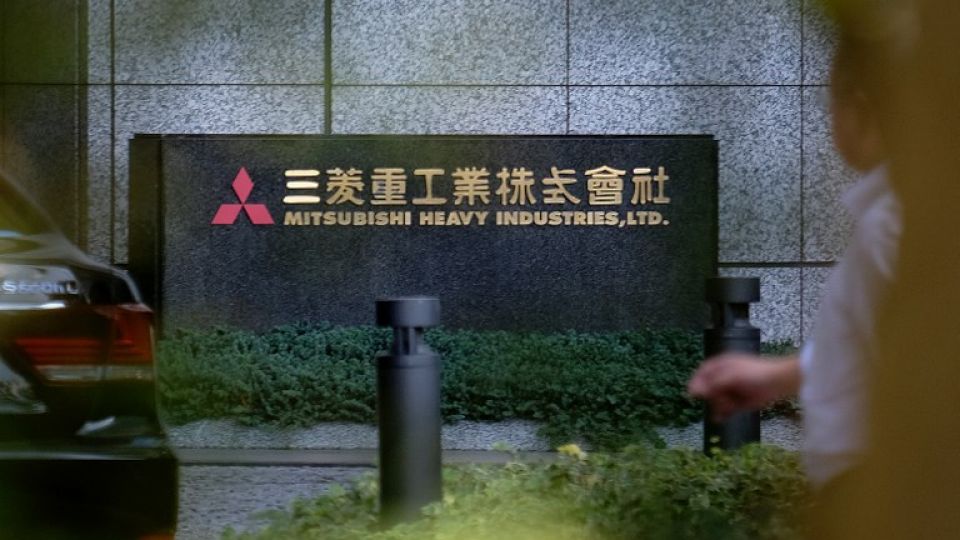May 22, 2019
The Japanese and Korean governments are at loggerheads over the issue of forced labour during the war.
The government on Monday demanded that the South Korean government agree to the establishment of an arbitration committee to resolve a lawsuit filed by former Korean wartime requisitioned workers in which Japanese companies were ordered to pay compensation, government officials said. The demand was made based on the 1965 bilateral agreement on the settlement of problems concerning property and on economic cooperation.
The government deemed it necessary to shift to an arbitration process involving a third party, which should be more enforceable, as South Korea has rejected bilateral negotiations on the issue.
However, Seoul is unlikely to agree to the demand, and the prospects are slim that the strategy will lead to resolving the issue.
“We’ve determined that it is impossible to solve this issue through negotiations based on the [1965] agreement,” Chief Cabinet Secretary Yoshihide Suga said. “Based on the agreement, the South Korean government is obliged to agree to arbitration.”
Vice Foreign Minister Takeo Akiba on Monday called South Korean Ambassador Nam Gwan-pyo to the Foreign Ministry and strongly demanded that he agree to arbitration.
The 1965 agreement on the settlement of problems concerning property specifies a two-step procedure when a conflict arises between the two countries over interpretation of the agreement or other issues: 1) Try to resolve the conflict through bilateral negotiations; 2) Refer the problem to an arbitration committee when the negotiations have failed to resolve it.
Under the bilateral agreement, an arbitration committee has three members. When either country calls for the establishment of an arbitration committee, both countries must appoint one committee member within 30 days. The two members then either agree on a third member from a third party country, or agree on a third party country that appoints a third member. The agreement states that both countries should obey the decision made by the committee.
Last October, South Korea’s Supreme Court issued a ruling ordering a Japanese company to pay compensation to former Korean requisitioned workers. In January, the Japanese government called for negotiations as specified in the agreement.
However, Seoul did not respond to the request for negotiations for more than four months. Meanwhile, plaintiffs petitioned South Korean courts on May 1 to issue an order that allows the selling of assets seized from Japanese companies.
Finally, after South Korean Prime Minister Lee Nak-yon said on May 15 that there were limits to measures the South Korean government could take on the issue, the Japanese government decided that, in Suga’s words, “There was no hope that concrete measures will be taken.”
Tokyo has already appointed its arbitration committee member. Based on the agreement, the South Korean government is required to follow suit by June 18.
The South Korean government is seeking to hold a bilateral summit with Japan on the sidelines of the Group of 20 summit in Osaka in late June. The Japanese government intends to decide whether to agree to the summit based on Seoul’s response to the arbitration request, according to sources.
If South Korea rejects the demand and arbitration procedures go nowhere, Japan may file a complaint regarding the case with the International Court of Justice.


